Case studies
Theme 1 working group (Prioritizing Populations) will conduct mixed-methods case studies identifying the needs of populations that are underserved by existing transportation systems, emphasizing the intersectional nature of Canadians’ mobility needs.
Six projects were selected through a committee of academics and Mobilizing Justice’s Community and Equity Advisory Table (CEAT) members. You can find a more detailed description of each project and people working in each one below.
Impact evaluation of a free rural bus service in Northern Saskatchewan
In 2017, Saskatchewan lost its main source of rural transportation, the Saskatchewan Transportation Company (STC) due to budget cuts. The STC previously connected 253 communities and carried urgent medical equipment, blood samples, laboratory and agricultural tools, making it a vital mobility link for residents. Emerging evidence has documented the impacts of the loss of the STC on poor health outcomes in Saskatchewan and revealed that the closure has limited healthcare access and costs the healthcare system more because existing alternatives for transporting people, medications, equipment and vaccines are woefully inadequate. The proposed project will examine the impact of a free bus service, the Kikinahk [a Cree word meaning “our home”], on healthcare access, transport poverty and social exclusion for vulnerable community members in northern Saskatchewan. This innovative service was created by the Kikinahk Friendship Centre, an Indigenous community-based organization, providing educational and social programming in La Ronge and area, in response to the loss of the STC.
The project will begin with an opening community event followed by a quantitative survey for bus riders and in-depth qualitative interviews with bus riders and community leaders and culminate in a closing event to share findings and strategize on how to make the service sustainable.
Researchers: Dr. Jacob Alhassan (University of Saskatchewan) & Dr. Daniel Fuller (University of Saskatchewan)
Access the Research Brief HERE.
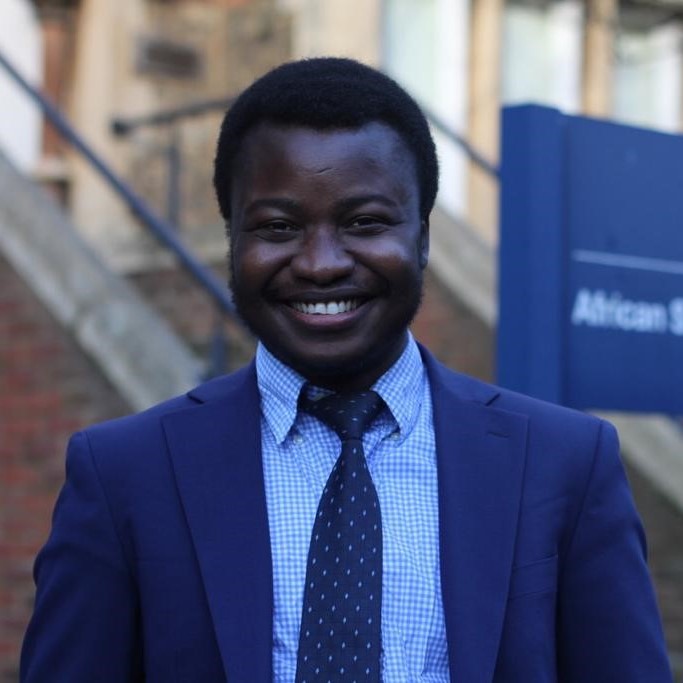

Partners: The Kikinahk Friendship Centre
Transit experiences of autistic young adults in Toronto
This study aims to better understand the experiences of Autistic young adults taking transit in Toronto. More specifically, the goal is to understand which parts of taking public transit are easy and enjoyable, and which parts are difficult or uncomfortable. Our project is seeking to recruit 10-15 young Autistic adults living in the Greater Toronto Area through interviews, photovoice activities and supporting photos.
We hope that by listening to these experiences, we can bring these issues to the attention of decision-makers and partners to find solutions together. After participants finish the study, they have an option to continue contributing by contributing to write a policy brief or create a short video to teach others about their experiences. If you want to know more about this project, please visit https://www.torontotransportautismexperiences.ca/
Researchers: Liam Bienstock & (OCAD University), Ignacio Tiznado-Aitken (University of Toronto Scarborough)


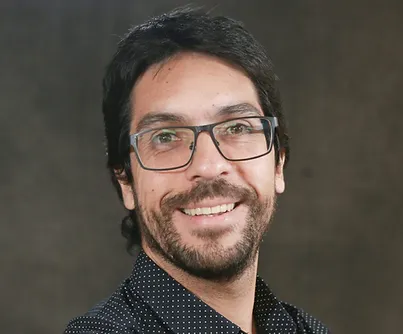
Partners: Autism Alliance of Canada, TTC, Metrolinx and The City of Toronto.
Understanding the Impact of Mobility Poverty on At-Risk Low-Income Youth in BC
Low-income and at-risk youth encounter unique barriers due to their socio-economic status and marginalization that hinder, among others, their involvement and engagement in research and policy initiatives. Members of the Centre for Family Equity (CFE), in partnership with Aunt Leah’s Place and the BC Coalition to End Youth Homelessness, seek to engage and capture the mobility and transportation-related experiences and challenges of at-risk youth in representative urban and rural-urban contexts by focusing on two distinct transit regions in British Columbia: Translink in the Lower Mainland and BC Transit in the Interior.
The case study will focus on at-risk youth that live below the poverty line, are in foster care, are homeless, or are at risk of homelessness, many of whom are impacted by intersectional marginalization due to their identity as Indigenous, racialized, Black, and 2SLGBTQIA+. By delving into the broader effects of mobility poverty on low-income and at-risk youth, the results from the case study will help to better centre mobility in understanding the socio-economic outcomes and overall well-being of marginalized youth, as well as in policies that address marginalized youth.
Researcher: Zeynya S. Alemayehu (Centre for Equity)
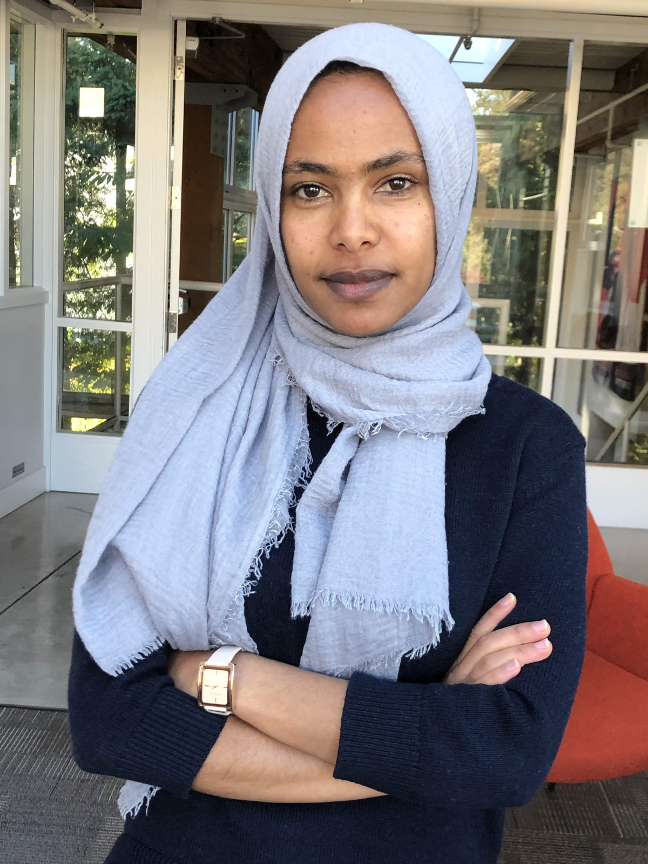
Free Public Transit Intervention for Youth Experiencing Homelessness in Toronto: Breaking Barriers to Access and Improving Quality of Life
For people experiencing homelessness, transportation poverty significantly contributes to experiences of social exclusion, criminalization, and barriers to accessing support services needed to break cycles of homelessness. Among youth, early intervention is essential in preventing recurring and chronic homelessness. Ensuring access to essential services by breaking mobility barriers is thus a key aspect of preventing chronic homelessness among youth. This project explores the influence of a three-month free public transit intervention on quality of life, access to support services, education, safety, criminalization, and physical health among 36 youth experiencing homelessness in Toronto. Additionally, the impact of increased mobility on mental health and feelings of social inclusion were observed.
We utilize a mixed-methods approach, using pre and post-intervention focus groups, a longitudinal survey, and comparing pre-intervention travel diaries to geospatial data gathered from participant transit cards.
Pre-intervention, transportation poverty was experienced by all participants. The severity of transportation poverty was dictated by structural factors, including participant transience and financial security, transportation supports offered at each shelter, ease of fare evasion, and experiences of physical and psychic safety on transit. During and after the intervention, improvements in social inclusion, employment, financial security, mental health, physical health, and access to health services were observed. Secure access to mobility elicited feelings of self-determination and social citizenship among participants, shifting feelings of belonging, long-term planning, and inspired ontologies of hope.
Researchers: Noah Kelly (McGill University), Rachel Wong (University of Toronto) & Kevin Manaugh (McGill University).
Access the Research Brief HERE.



Partners: City of Toronto’s Poverty Reduction Strategy Office, the TTC, the Toronto Shelter Network, Engineers without Borders and the Youth Wellness Lab at the University of Toronto.
Acknowledgements: This project has been conducted through my role as Director and Co-Founder of the Transit Access Project (TAP), a youth-led nonprofit dedicated to researching and advocating for transportation justice for people experiencing homelessness across Canada. This work would not have been possible without the dedication and effort of our outstanding team of young researchers, especially Rachel Wong, Emma Blewett, Mona Murphy, Emma Seabrook, Prianka Murthy, Hudson Yuen, Michael Butac, and Oliver Samuda.
Understandings of public transit access inequities across disability groups throughout Canada
Public transit access for disabled people has improved over the past 30 years; however, barriers (e.g., physical, sensory, organizational, attitudinal) to this service persist. These barriers can contribute to disabled people’s greater risk of social exclusion, which may in turn negatively affect their health and well-being, and their education and employment outcomes. Although scholars have considered transit access for disabled people, remarkably little attention has been given to understanding how transit access inequities are occurring across different disability groups (e.g., physical, sensory, intellectual, developmental). Moreover, little attention has been given to identifying and developing policies and actions that can be implemented to balance and enhance equitable transit access across these groups.
This project will engage these knowledge gaps by considering two questions: (1) What equity issues are different disability groups facing across Canada when trying to access/use public transit, including paratransit? And, (2) How can public transit access equity issues occurring across disability groups be addressed via policy and practice? The study will involve two research elements: (a) A scoping review of the literature intersecting public transit and disability, (b) A policy scan of public transit access policies relating to different disability groups. The overarching goal of this project is to produce knowledge that will inform and guide Canadian transit service providers’ decisions and actions concerning the provision of equitable transit access across disability groups.
Researchers: Rhonda Solomon & Élyse Comeau (University of Toronto), Dr. Tim Ross (Bloorview Research Institute) & Dr. Ron Buliung (University of Toronto)
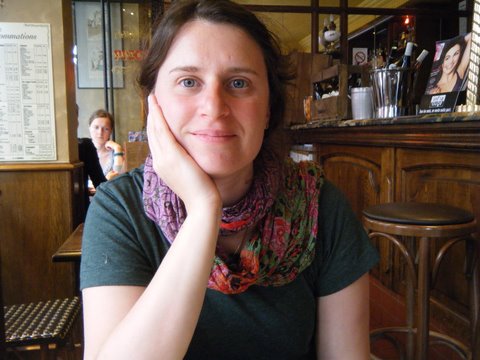



Partners: Canadian Urban Transit Association (CUTA)
Community-based research on youth transport experiences in the Northwest Territories
Currently, there is limited research explaining how and where youth travel within Northern Canadian communities. As a result of this knowledge gap, I will be conducting qualitative, community-based research that seeks to learn from and amplify the voices, experiences, and needs of diverse youth populations both equitably and ethically through exploring youth transport experiences in the Northwest Territories (NWT). The goals of this project are to:
· Learn from youth residing in communities in the NWT about their lived transport experiences;
· Conduct community-engaged Northern research with youth in the NWT to understand if they feel that transport disadvantage is part of their daily lives, and;
· Work directly with youth to ensure that their transport needs are communicated.
Researchers: Alexandra Sbrocchi & Léa Ravensbergen (McMaster University)


Children’s mobilities: inequalities in traffic danger and accessibility
This case study research focuses on examining equitable access to destinations for children aged 8 to 12 in Montreal neighbourhoods. The study aims to develop tools to estimate traffic danger and accessibility to child-relevant destinations, addressing the challenges faced by children in transportation planning. Children’s travel experiences are often overlooked in transport surveys due to various factors, leading to a lack of consideration in infrastructure cost-benefit analysis.
The research involves community partners such as the City of Montreal and Green Communities, who play active roles in developing tools and funding the accessibility research. Open-source data, Canadian census data, and focus groups with children, parents, and experts are utilized for analysis.
The study employs a Multi-Criteria Decision Aiding method to estimate traffic danger and assess exposure levels for equity analysis. Accessibility is determined based on child-relevant destinations within walkable distances, considering traffic danger and socio-demographic factors. The anticipated findings include identifying areas with high child traffic danger and limited accessibility, guiding interventions to improve child safety and access to destinations.
Overall, this research aims to enhance understanding of traffic danger and accessibility for children in Montreal, providing valuable insights for future interventions and improvements in transportation planning for children.
Researchers: Zahra Tavakoli, Shabnam Abdollahi & Owen Waygood (Polytechnique Montréal, Canada)
Access the Research Brief: HERE.


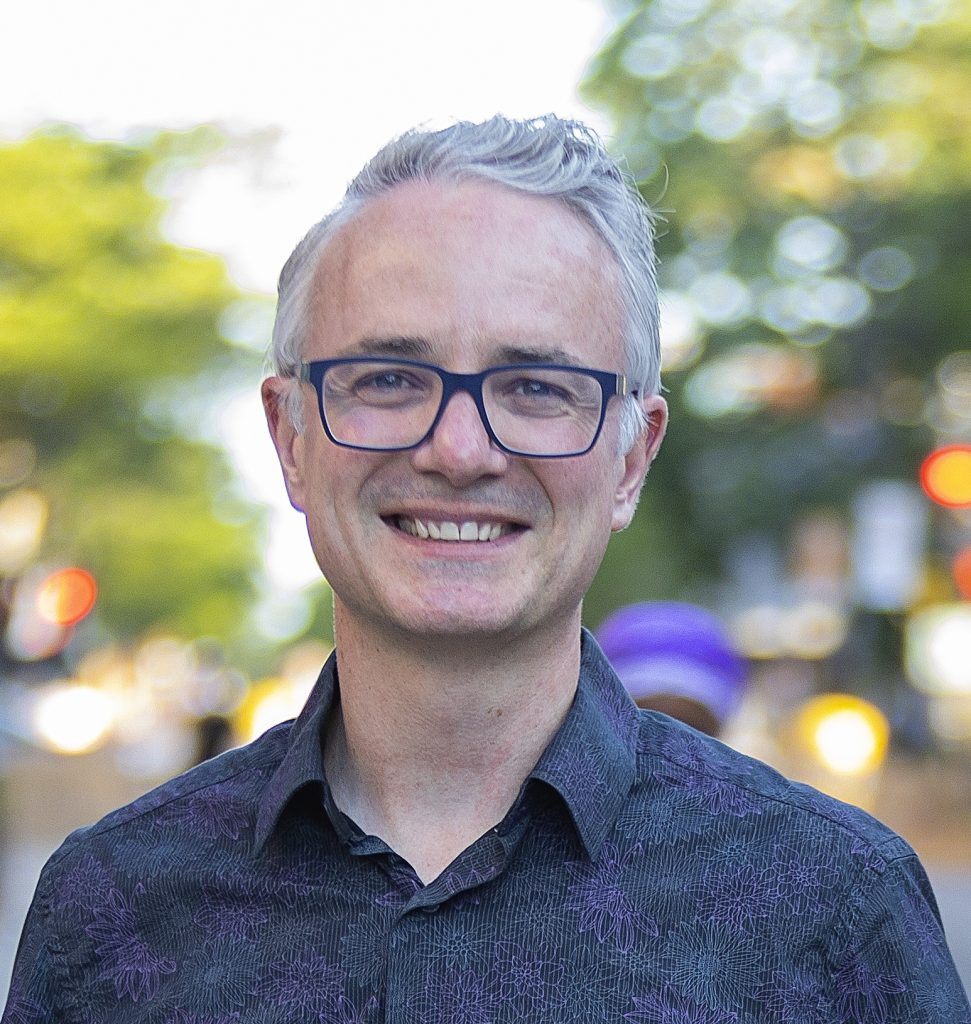
Partners: Green Communities and the City of Montréal